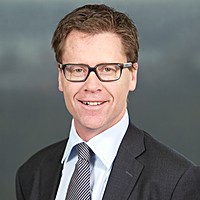Paul Moore: The only true arbitrage in markets is time
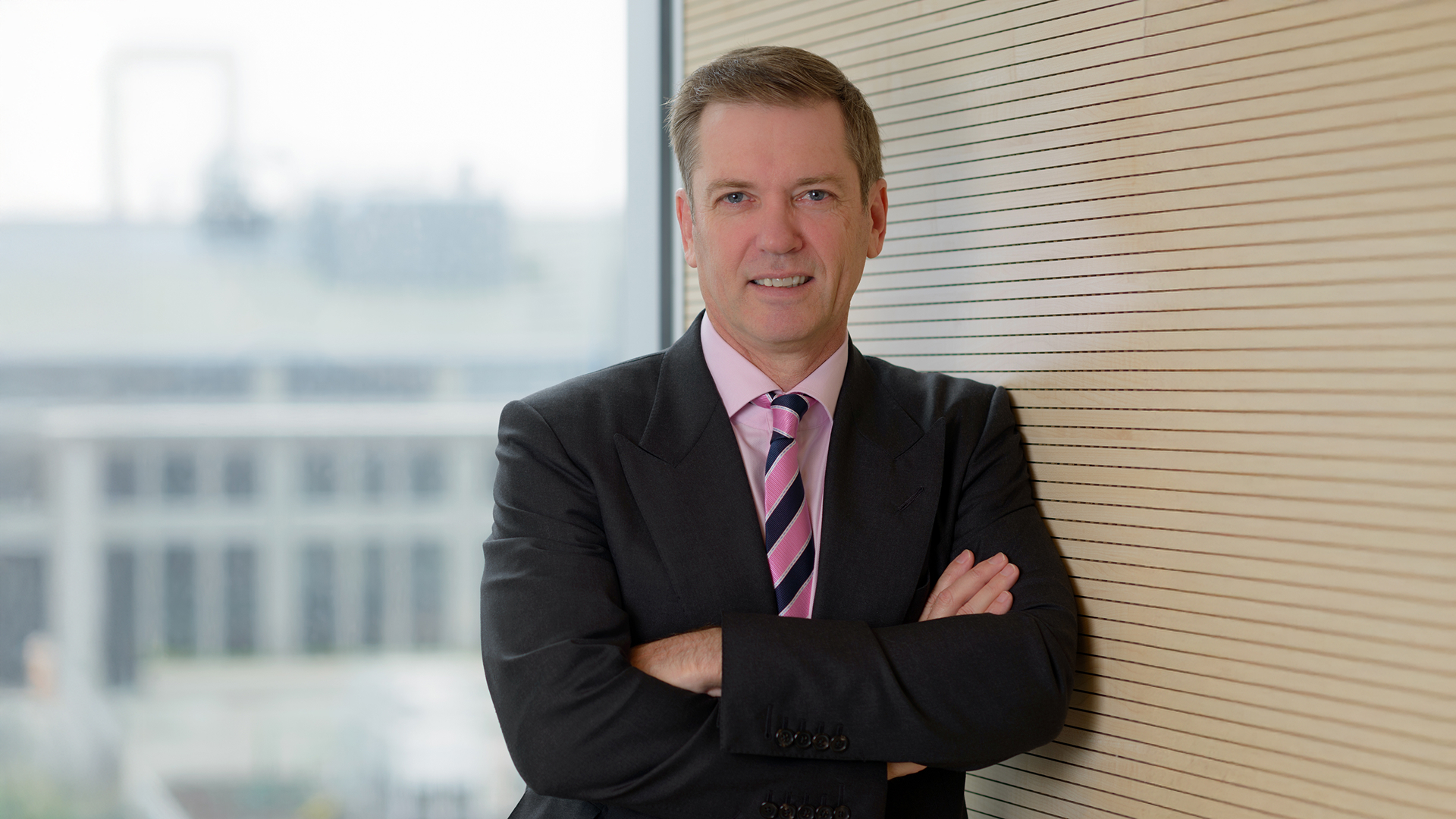
Four decades into his career, Paul Moore seems to be just getting started. Two years ago, he made the bold decision to vend his business, PM Capital, into Phil King’s Regal Partners. Many thought this was an exit plan for Moore. Instead, it proved to be the tonic he needed. PM Capital has since become a growth engine inside Regal, with close to $5 billion under management and performance that continues to deliver.
In this episode of Success and More Interesting Stuff, Paul shares what keeps him motivated, why he believes the only true arbitrage in markets is time, and how he is positioning portfolios in today’s unpredictable environment.
Click on the player to listen or read a summary of the highlights below.
Key points prepared by a Livewire editor with the assistance of AI.
Be comfortable being lonely
For Moore, the ability to think independently has been the cornerstone of his career. He argues that the market constantly tries to push investors out of their positions, whether through consensus views or short-term volatility.
“The best investments I’ve ever made are when literally 99% of the market is going the other way. It can be pretty lonely, but that’s when the real opportunities emerge.”
He believes duration is the only true arbitrage in investing. The short-term is full of noise and speculation, but over a 10-year horizon, mispricings inevitably correct. For Moore, success comes from spotting these long-term anomalies and having the discipline to hold through uncomfortable periods.
Lessons from multiple cycles
Moore’s career has been shaped by major crises. From the 1987 crash to the GFC, he has seen how quickly markets can unravel. The GFC, in particular, left a lasting impression.
“What they should have done was make it easier for banks to survive. Instead, they raised capital requirements, which only made the downturn worse.”
Despite intense pressure, Moore resisted calls to “go to cash” and instead doubled down on banks at the height of the panic. He acknowledges the stress was enormous, but holding his ground delivered years of strong performance. The experience reinforced a key lesson: conviction and patience are essential, but only when grounded in sound analysis.
Value is a framework, not a style
Moore bristles at the label of “value investor.” To him, value is not a style but a basic requirement for any investment.
“Isn’t everyone a value investor? Why would you make an investment that doesn’t have value?”
His process is built around identifying mispricing. Sometimes that means buying cyclical businesses at trough valuations, other times it means owning quality compounders at fair prices. He stresses that investors often confuse temporary cyclical weakness with permanent structural decline. Spotting where the consensus has gone too far is where the best opportunities emerge.
European Banks: Like CBA 20 years ago
European banks are Moore’s most significant conviction play in recent years. In 2018, he began building positions when valuations were depressed and deflation was entrenched.
“Five years ago, they were like CBA 20 years ago. Selling at half of book value, with inflation as a clear catalyst. That combination of valuation and structural change made it compelling.”
Since then, European banks have delivered strong returns, but Moore believes the cycle is only halfway through. With balance sheets recapitalised and inflation now a reality, he sees years of potential upside. The lesson, he says, is that structural change plus valuation creates powerful long-term opportunities.
Buying gold stocks for the first time
Moore has broadened his portfolio themes to reflect the changing global environment.
-
Gold: For the first time in his career, he invested in gold miners, taking a position in Newmont.
“When we bought it, Newmont was on a single-digit PE, completely ignoring the rise in the gold price. It’s a unique hedge against political and inflationary risks.”
Copper: Exposure to Freeport-McMoRan reflects his view that copper demand will rise as the world shifts toward electrification and energy transition.
Both themes highlight Moore’s willingness to back new ideas when the valuation and cycle align.
Now is a time for caution
While performance has been strong, Moore urges investors not to get carried away.
“We’ve had tremendous returns. Rein it in a bit, bank some of that, and have something aside so that when something does go wrong - and something will - you can be proactive rather than reactive.”
He stresses that extraordinary returns cannot compound forever. Markets mean-revert, and prudent investors should trim exposure when optimism runs too high. For Moore, risk management means being prepared for the inevitable shock, even if its timing is impossible to predict.
Valuation is your only safety net
Moore’s portfolios are deliberately focused. He typically runs 30 to 40 stocks across six to eight themes.
“People think that’s concentrated, but to me it’s just about as much as my brain can handle. The only true risk management is getting your valuation right.”
He rejects the idea of holding hundreds of positions to manage risk, describing it as “Noah’s Ark investing.” For Moore, conviction matters more than index exposure, and valuation is the ultimate safety net.
Stepping back from the noise
Closer to home, Moore is cautious. He sees the Australian market as narrow and overvalued, particularly due to the weight of industry superannuation funds.
“CBA produces less profit than Lloyds but has three times the valuation. It’s ludicrous.”
With limited breadth and distorted valuations, Australia remains a small part of his globally focused portfolio.
Europe remains his preferred hunting ground, particularly with Germany increasing fiscal spending. But Moore stresses that opportunities can appear anywhere.
“We just try to sit back, observe the earth from the moon, and see what stands out.”
This “from the moon” perspective is central to his philosophy - staying above the noise and identifying long-term structural shifts, wherever they may occur.
At 40 years into his career, Moore insists he is only entering his prime.
“I reckon it’s only in the last five years that I’ve really developed the toolkit. The real compounding, the real money to be made, is going forward.”
He believes it takes at least two full 10-year cycles to truly understand markets and build the confidence to manage capital with conviction. With that toolkit now in place, Moore says he is more motivated than ever to keep investing.
More Episodes
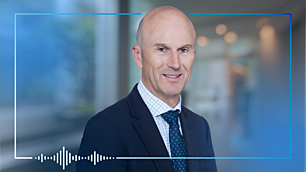
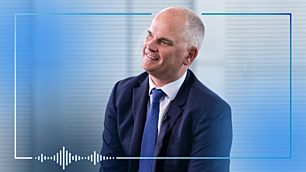
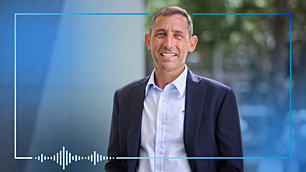
1 contributor mentioned

